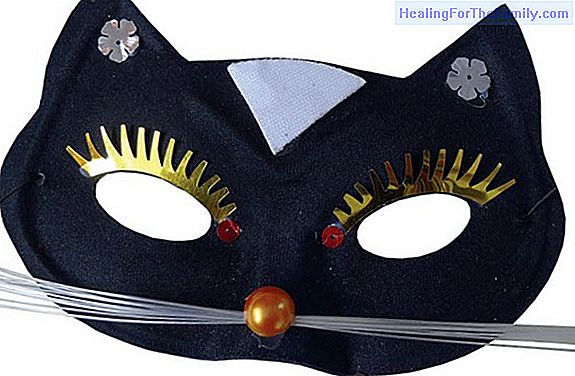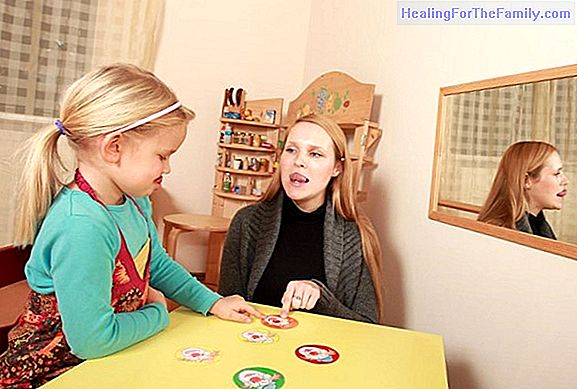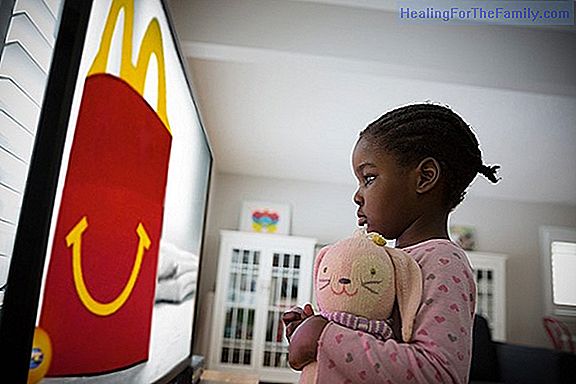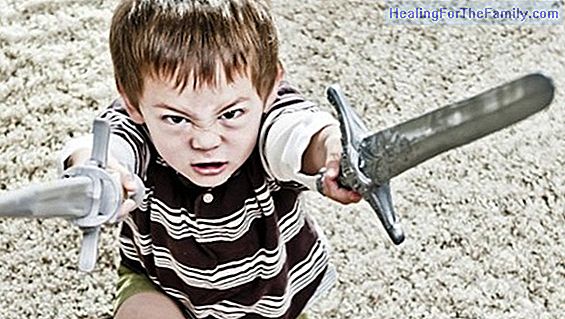What to do when a child scratches
Some young children go through a phase in which they express their frustrations through blows, bites or scratches. A normal phase of development that worries the parents of both the spider child and the parents of children who suffer scratches. Why children scratch and what to do when a child resort
Some young children go through a phase in which they express their frustrations through blows, bites or scratches. A normal phase of development that worries the parents of both the spider child and the parents of children who suffer scratches.
Why children scratch and what to do when a child resorts to this behavior are the two issues we address in this article.
Why children scratch
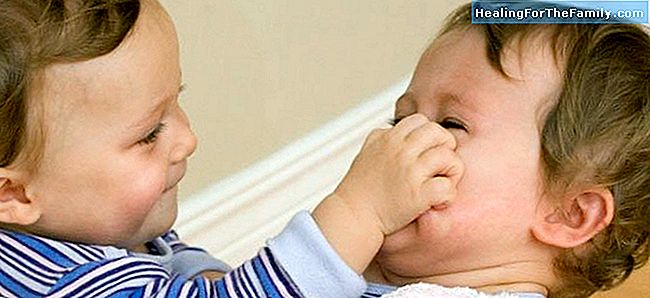
Biting, hitting and scratching are three exploratory and frustration-free behaviors that occur quite often in children between 12 and 36 months.
While it is true that this type of behavior is part of normal childhood development, it is understandable that parents of children who have begun to perform this type of behavior are worried and distressed and we must address them as soon as possible by offering behaviors alternatives. Nobody likes to be noticed because their child has scratched another child or find our son with his face marked by the scratches of a partner.
Between 12-18 months the children are immersed in their learning process, and try all kinds of behaviors, bites, swipes and scratches included. These aggressive behaviors are part of their learning and development and we should not give it more importance than it has.
Children can start scratching for different reasons or reasons, if we identify which of our children will help us find another way to express themselves. There are children who scratch to defend themselves, to obtain a benefit (a toy, the attention of the adult, ...), as a means of expressing their frustration ...
As always, understanding why our child is having this behavior will help us find the way to help you eliminate this type of aggressive behavior.
What to do when a child scratches
When a child scratches another we must act firmly but without severity. Remember that these are young children who are learning to regulate their emotions and we, their parents or educators, are their reference model, therefore:
1. You should never return the scratch to see that it hurts with your nails. By doing this we only convey the misconception that violence is an adequate way to handle emotions. Tam 2. Nor will we reward the behavior of scratching with a smile or anything like that.
3. Parents and educators (when children go to daycare) should work together to stop these harmful behaviors.
4. Do not call it bad or similar phrases, this ultimately undermines your self-esteem. There are no bad children only inappropriate behaviors that we must redirect. En 5. Sometimes the more we insist that they stop performing a behavior like this, the opposite effect occurs
6. We can apply a time outside of reinforcement, that is, after the 'aggression' we will take the child away from the place where the Made to explain that this kind of behavior is not good.
The habit of scratching, that of sticking or biting, usually disappears over time, although in some cases it is very persistent and may last up to 3-4 years.

